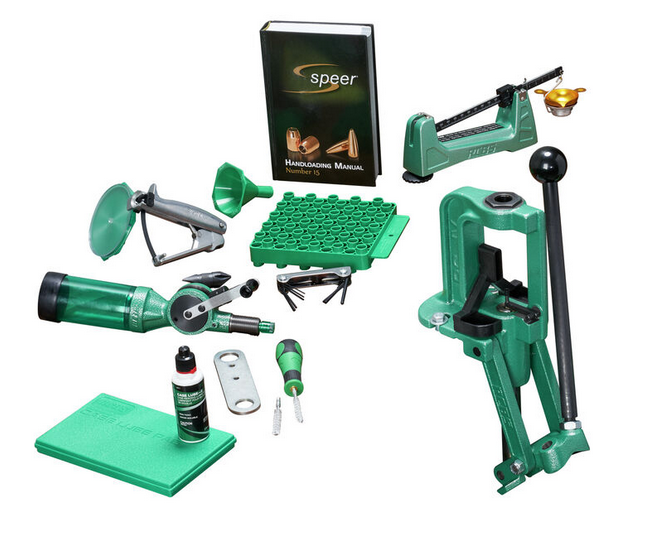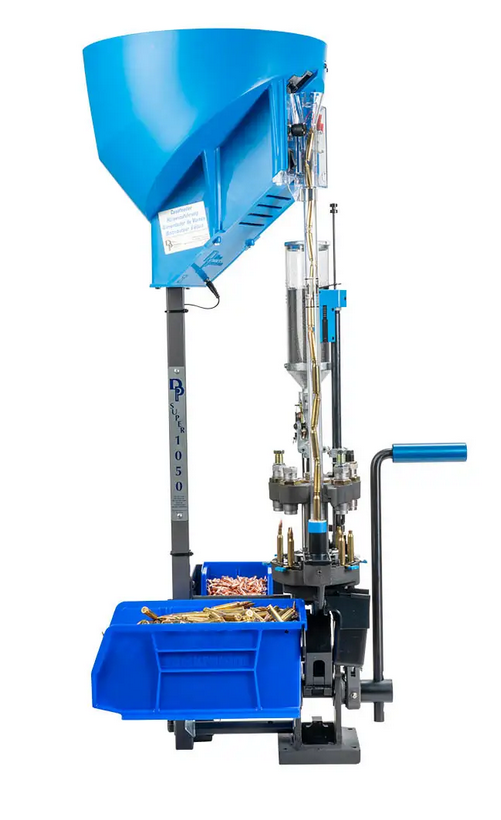 Introduction:
Introduction:
In the world of firearms enthusiasts and avid shooters, the practice of reloading your own ammunition is a rapidly becoming a necessity. Reloading involves assembling your own bullets, primers, powder, and casings, offering a level of customization and precision not often found in factory-loaded ammunition. We hope to provide some of the advantages of reloading your own ammunition, from cost savings to improved accuracy.
Cost Savings:
One of the most compelling reasons for individuals to start reloading their ammunition is the significant cost savings it can provide. While the initial investment in reloading equipment may seem substantial, reloaders quickly recoup these costs through the reuse of brass casings and the ability to purchase components in bulk. Over time, reloading becomes a cost-effective approach, especially for frequent shooters or those participating in competitive shooting sports. Ammunition prices are going up. Practicing with your rifle will soon become cost prohibitive when the average cost for 1000 rounds of 5.56 NATO is hovering around $500.
Customization for Accuracy:
Reloading empowers shooters to tailor their ammunition to specific firearms and shooting preferences, resulting in improved accuracy. By experimenting with different bullet types, powders, and load recipes, reloaders can fine-tune their ammunition to match the characteristics of their particular firearm. This level of customization is particularly advantageous for precision shooters and competitive marksmen seeking optimal performance.
Availability and Self-Reliance:
In times of ammunition shortages or when specific calibers are hard to find, reloaders enjoy a distinct advantage. By reloading their own ammunition, shooters can maintain a consistent supply of rounds even when commercial ammunition is scarce. This self-reliance not only ensures availability but also fosters a sense of preparedness and independence among firearm enthusiasts.

